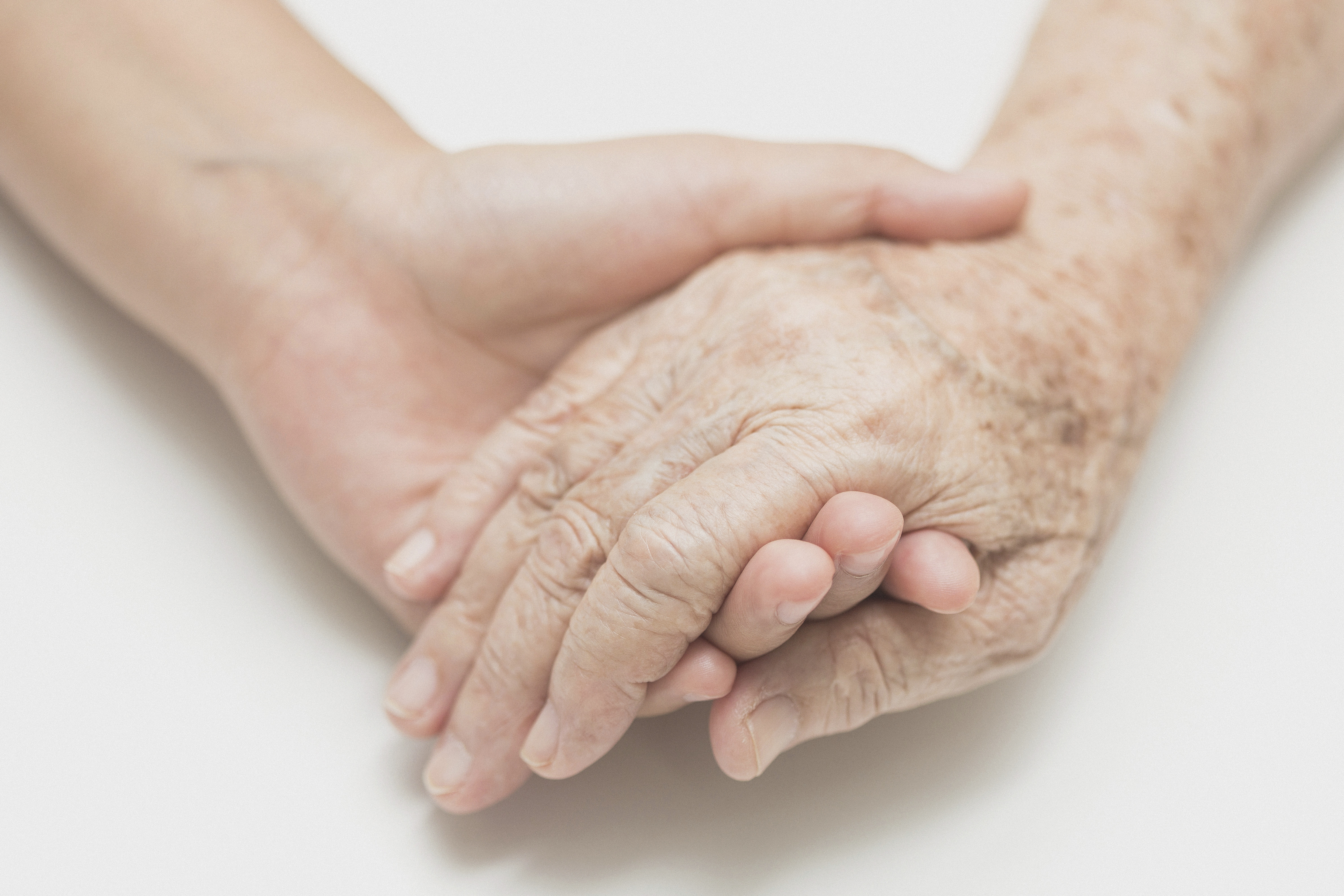
5 timeless habits for better health

What are the symptoms of prostate cancer?

Is your breakfast cereal healthy?

When pain signals an emergency: Symptoms you should never ignore

Does exercise give you energy?

Acupuncture for pain relief: How it works and what to expect

How to avoid jet lag: Tips for staying alert when you travel

Biofeedback therapy: How it works and how it can help relieve pain

Best vitamins and minerals for energy

Should you take probiotics with antibiotics?
Harvard Health Blog
Read posts from experts at Harvard Health Publishing covering a variety of health topics and perspectives on medical news.
Articles
Lead poisoning: What everyone needs to know
Even though the use of lead has been regulated for many years, tragedies like the one currently ongoing in Flint, Michigan still occur. Exposure to lead in childhood can have health effects that can change a child’s life forever. We’ve listed steps you can take to keep your child — and everyone in your home — safe from lead poisoning.
What you need to know about Zika virus
Zika, a formerly rare and obscure virus, has recently spread throughout the Pacific islands and the Americas. Although Zika virus rarely makes people seriously ill, it’s been implicated in a huge rise in the number of birth defects in babies born to mothers who’ve had Zika. Although its impact in the U.S. is expected to be much less severe than in warmer climates, we’ve listed some tips to reduce your exposure to the type of mosquito that carries Zika.
More than just a game: Yoga for school-age children
Yoga is becoming increasingly popular among American children. Emerging research has shown that yoga has a number of physical and psychological benefits for children, and many classrooms now integrate yoga into a typical school day. Yoga can also be a great way for parents and children to play and interact at home. We’ve included several fun yoga-based exercises and games that parents and children can enjoy together.
Why are doctors writing opioid prescriptions — even after an overdose?
A recent study of nearly 3,000 patients who had an overdose during long-term opioid treatment found that more than 90% of these patients continued to receive opioids — even after their overdose. Poor communication between emergency rooms and prescribing doctors is likely the culprit. What’s more, doctors receive little training in recognizing patients at high risk for overdose, or in treating addiction when they do spot it. An important strategy to address the current opioid crisis is to improve how doctors are educated about opioids.
The empowering potential of end-of-life care
There’s almost always something we can do to improve our health and well-being — even at the end of our lives. Palliative care is designed to improve the quality of life for people with life-threatening illnesses and their families by keeping a person comfortable and making sure his or her values and preferences guide the medical team’s actions. For this reason, good communication with your care team — and your loved ones — is essential, even before you or a loved one has developed a serious illness.
Anti-depressants for teens: A second look
Many parents of teens with depression worry that antidepressants could cause an increase in suicidal thoughts or behaviors. Previous research had suggested antidepressants are safe for teens. But recently, researchers have re-examined the original data and found antidepressants may not be as safe for teens as once thought. As always, whether to start an antidepressant depends heavily on your teen’s personal situation.
How is the Affordable Care Act doing?
A recent summary paper published in The New England Journal of Medicine outlines where the Affordable Care Act (ACA) has succeeded and where it has fallen short. Although health care is now more accessible and affordable than before, many still lack coverage, and the available plans have some drawbacks. Rather than expanding insurance coverage, it will take a culture shift in how we provide care to truly improve the health of our nation.
Taking new aim at cancer
Last year, only months after announcing that he had an aggressive form of melanoma, former President Carter declared that he was cancer free — thanks at least in part to a recently approved immunotherapy drug. Immunotherapy is a type of targeted therapy that helps boost the body’s own immune response to cancer. It does so while sparing healthy cells, thus minimizing side effects.
Teens and medicines that cause birth defects: Do doctors drop the ball?
Doctors may prescribe medicines for teenage girls — for example for acne, depression, or migraines — that are known to cause birth defects. While most parents and doctors hope that these young women avoid pregnancy for many reasons, adults need to help adolescent girls understand the risks of the medications they take and have frank conversations about sex and birth control.
Retail health clinics: The pros and cons
Retail health clinics are popping up everywhere, from drugstores and supermarkets to large retailers like Target and Walmart. Staffed by nurse practitioners or physician assistants, retail health clinics can be a great option, particularly if you’re younger and in generally good health. These clinics list their prices up-front and tend to be cheaper than a doctor’s visit. They’re convenient too: usually open extended hours, with no need for an appointment.
Where is best for birth: Hospital or home?
By the mid-20th century, most births took place in the hospital. But increasingly, some women are choosing to have their babies at home in an effort to avoid seemingly unnecessary interventions and find an alternative to hospital environments. We don’t have the best data to assess the safety of home birth. But a recent analysis offers insights that can help women make choices based on what they value the most.
Guns and your health
Many people choose to own guns for sport or protection. But from a physician’s standpoint, guns create as many — or more — problems than they solve. Several studies have found that guns injure or kill far more people, often unintentionally, than they’re intended to protect.
What happens when you faint?
About 1 in 3 people report at least one episode of fainting during their lifetime, so it’s surprising that we don’t see people fainting more often. Fainting is usually harmless, the body’s response to emotional or physical stress. But in some cases, fainting can indicate an underlying problem such as heart abnormalities or seizures. And even when the cause of fainting is not that serious, fainting that leads to a fall can cause injury.
C-section rates: Consider this when deciding where to have your baby
For years, there has been concern about the high rate of cesarean births — but just how many cesareans are too many? A recent study suggests that a cesarean rate of 19% is about right. The reasons for high cesarean rates may be related more to each hospital’s circumstances and processes than to other, more commonly cited reasons. If you’re concerned, find out the C-section rate at the hospital where you plan to deliver your baby.
Can your coffee habit help you live longer?
Coffee is nearly a national obsession in the United States. For years, experts have debated whether drinking coffee is good for you. Recently published research suggests that regular, moderate coffee consumption is associated with a lower risk of overall mortality, and that heavy consumption of coffee isn’t linked with a greater risk of death.
The truth about altruism
Many people believe that the human tendency to want to act for the greater good is rooted in kindness. But research suggests that altruism may have evolved alongside the impulse to condemn and even chasten those put self-interests first.
Four new recommendations for adolescent health
Each year, the American Academy of Pediatrics updates it recommendations for well-child visits. The latest version emphasizes screening adolescents for high cholesterol, drug and alcohol abuse, depression, and HIV. Many families may feel that their children don’t need these “checks,” but when it comes to the health and well-being of children, it’s always better to be safe than sorry.

5 timeless habits for better health

What are the symptoms of prostate cancer?

Is your breakfast cereal healthy?

When pain signals an emergency: Symptoms you should never ignore

Does exercise give you energy?

Acupuncture for pain relief: How it works and what to expect

How to avoid jet lag: Tips for staying alert when you travel

Biofeedback therapy: How it works and how it can help relieve pain

Best vitamins and minerals for energy

Should you take probiotics with antibiotics?
Free Healthbeat Signup
Get the latest in health news delivered to your inbox!
Sign Up

























